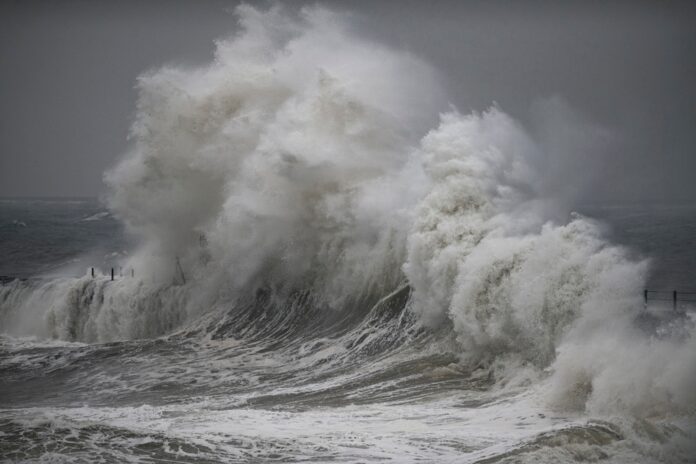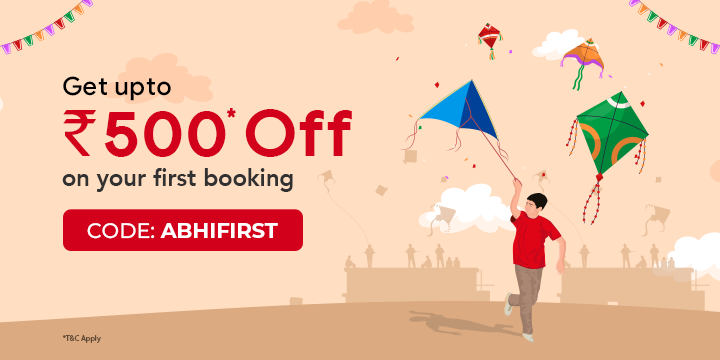Table of Contents
ToggleMonsoon Safety Tips
Monsoon season in India is a time of lush landscapes, cool weather, and a welcome relief from the scorching summer heat. However, it also brings along its own set of challenges, especially for travelers. From heavy rains and flooded roads to increased risk of waterborne diseases, navigating through the monsoon can be tricky. To ensure a safe and enjoyable journey, here are some essential monsoon safety tips to keep in mind:
Also Read: Rainy Season in India: Tips for Enjoying Outdoor Activities
1. Plan Ahead
- Check the Weather Forecast: Before you embark on your journey, make sure to check the weather forecast for your destination as well as any areas you’ll be passing through. This will help you prepare for any potential rain or storms.
- Choose Your Destination Wisely: Some areas are more prone to flooding and landslides during the monsoon season. Consider choosing destinations that are less affected by heavy rains.
- Pack Accordingly: Pack light, breathable clothing that dries quickly. Don’t forget to bring a sturdy umbrella, waterproof shoes, and a raincoat or poncho.
2. Stay Informed
- Stay Updated: Keep yourself informed about the current weather conditions and any advisories issued by local authorities.
- Stay Connected: Keep your phone charged and carry a power bank. Make sure you have important emergency numbers saved in your phone.
3. Travel Safely
- Drive Cautiously: If you’re traveling by road, drive slowly and cautiously, especially on wet and slippery roads. Use your headlights and hazard lights when necessary.
- Avoid Flooded Areas: Avoid driving through flooded areas, as it can be difficult to gauge the depth of the water and your vehicle could get stuck.
- Use Public Transport: Consider using public transportation or hiring a local driver who is familiar with the area and road conditions.
4. Stay Hygienic
- Drink Safe Water: Avoid drinking tap water and opt for bottled water instead. Make sure the bottle is properly sealed.
- Eat Safe Food: Be cautious about where you eat and choose freshly prepared, hot meals from clean establishments.
5. Stay Healthy
- Prevent Mosquito Bites: Use mosquito repellent and sleep under a mosquito net to prevent mosquito-borne diseases like dengue and malaria.
- Stay Dry: Try to stay dry as much as possible. Change out of wet clothes and shoes promptly to avoid fungal infections.
6. Be Prepared
- Carry Medications: If you have any existing medical conditions, make sure to carry your medications with you.
- First Aid Kit: Carry a basic first aid kit with essentials like bandages, antiseptic wipes, and pain relievers.
7. Stay Indoors During Storms
- Seek Shelter: If you’re caught in a storm, seek shelter in a sturdy building. Avoid standing under trees or near metal structures.
8. Respect Local Customs
- Follow Local Advice: Follow any advice or instructions given by local authorities, especially in areas prone to natural disasters.
How to Stay Safe During Your Travel
Traveling is an exciting experience, but it also comes with its own set of risks and challenges. Whether you’re exploring a new city or embarking on a hiking adventure, it’s important to prioritize safety. Here are some essential tips to help you stay safe during your travels:
1. Research Your Destination
- Know the Local Laws and Customs: Familiarize yourself with the local laws and customs of the country you’re visiting to avoid any misunderstandings or legal issues.
- Check Travel Advisories: Check for any travel advisories or warnings issued for your destination. This can help you prepare for any potential risks or challenges.
2. Keep Your Belongings Safe
- Use a Money Belt or Neck Pouch: Keep your money, passport, and other important documents close to your body in a money belt or neck pouch to prevent theft.
- Use Locks: Use locks on your luggage and hotel room door to secure your belongings.
3. Stay Healthy
- Stay Hydrated: Drink plenty of water, especially in hot climates, to prevent dehydration.
- Eat Safe Food: Be cautious about where you eat and choose freshly prepared, hot meals from clean establishments.
4. Stay Connected
- Share Your Itinerary: Share your travel itinerary with a trusted friend or family member. Check in with them regularly to let them know you’re safe.
- Stay in Touch: Keep your phone charged and carry a power bank. Make sure you have important emergency numbers saved in your phone.
5. Be Aware of Your Surroundings
- Stay Alert: Pay attention to your surroundings and trust your instincts. If something feels off, remove yourself from the situation.
- Avoid Risky Areas: Avoid walking alone at night or in unfamiliar or unsafe areas.
6. Respect Local Customs and Culture
- Dress Appropriately: Respect the local dress code and customs. In some countries, dressing modestly is important to show respect.
- Behave Respectfully: Be respectful of the local customs and culture. Avoid behaviors that may be considered offensive or disrespectful.
7. Be Prepared for Emergencies
- Carry a First Aid Kit: Carry a basic first aid kit with essentials like bandages, antiseptic wipes, and pain relievers.
- Know Emergency Numbers: Familiarize yourself with the local emergency numbers and how to access emergency services.
8. Stay Flexible
- Have a Contingency Plan: Have a backup plan in case things don’t go as expected, such as a change in travel plans or accommodations.
- Stay Calm: In case of unexpected situations, stay calm and think rationally to find a solution.
Join millions of happy travelers who trust AbhiBus for their journeys. With a network that spans the length and breadth of India, AbhiBus connects you to even the remotest corners of the country.
Conclusion
While travel can be an exciting adventure, it’s important to prioritize safety to ensure a smooth and enjoyable journey. By following these tips, you can stay safe and make the most of your travel experiences.





